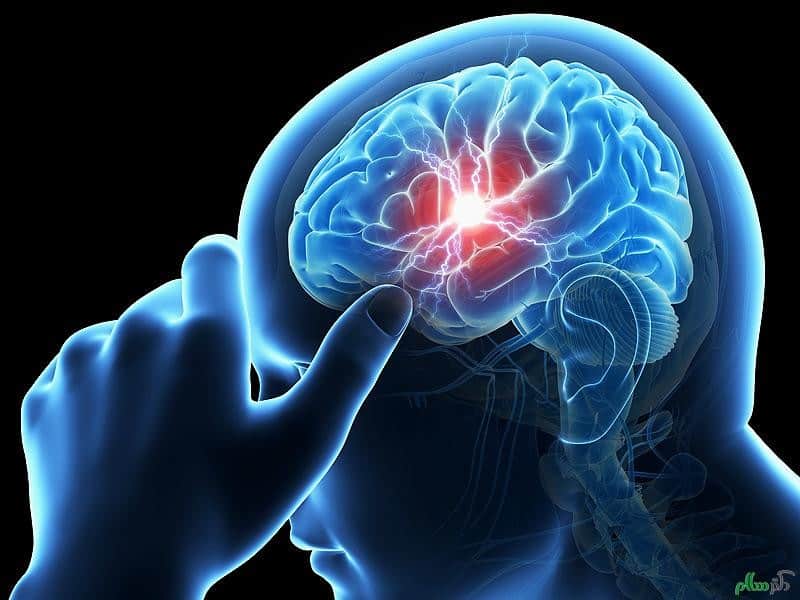Neurological Disorders

Neurological disorders affect the central nervous system, such as the brain, nerves, and spinal cord. This may affect the nervous system’s structure, composition, and electrical dysfunction. Once the central nervous system is concerned, a person may experience paralysis, poor hand and eye coordination, sensational loss, seizure, and muscle twitching.
Some neurological disorders are epilepsy, autism, brain tumors, and cerebral palsy. Recent studies suggest that these disorders affect the central nervous system, leading to muscle twitching and malfunctioning. Most neurological disorders are related to muscle twitching because the central nervous system controls muscle movements and development. Therefore, most patients unconsciously make uncontrolled and unnecessary movements because of these.
For instance, dystonia is a neurological disorder that causes unwanted contractions, spasms, and muscle twitching. Dysfunction found in the brain may be the cause of dystonia. Dystonia may be acquired due to brain damage through accidents, medications, and poison. There are seven types of dystonia: generalized dystonia, segmental dystonia, multifocal dystonia, primary focal dystonia, task-specific dystonia, Hemi dystonia, and craniofacial dystonia. All of them are associated with muscle twitching and spasms.










